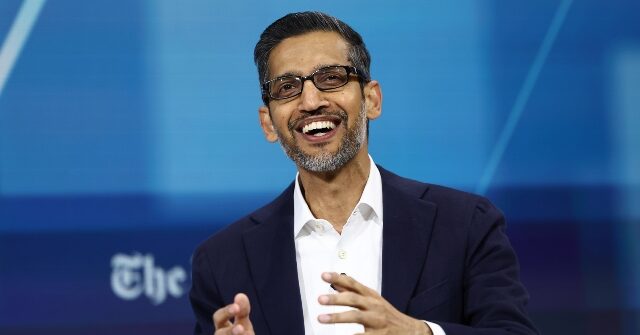Google has put forward its own set of remedies to address the Department of Justice’s antitrust concerns, offering to unbundle Android apps instead of selling off Chrome or other major divisions.
The Verge reports that in a move to counter the DOJ’s proposed solutions for breaking up Google’s alleged monopoly on search, the tech giant has presented its own set of fixes. The DOJ’s initial list of remedies included forcing Google to sell off its Chrome browser, but Google’s response suggests a different approach.
Instead of divesting Chrome, Android, or Google Play, as the DOJ’s filing had considered, Google’s proposed solutions focus on the payments it makes to companies like Apple and Mozilla for exclusive, prioritized placement of its services. The company also addresses its licensing deals with Android phone manufacturers and contracts with wireless carriers. However, Google’s proposal does not touch upon the DOJ’s suggestion of potentially requiring the company to share its valuable search data with competitors to help level the playing field.
According to Google’s lawyers, the court’s ruling specifically targeted the company’s search distribution contracts, and as such, their proposed remedies are designed to address those concerns directly. In a blog post, Google’s regulatory VP Lee-Anne Mulholland outlined the company’s plan, which would, for a period of three years, prohibit Google from signing deals that link licenses for Chrome, Search, and its Android app store, Google Play, with the placement or preinstallation of other Google apps, including Chrome, Google Assistant, or the Gemini AI assistant.
Under Google’s proposal, the company would still be allowed to pay for default search placement in browsers. However, it would permit multiple deals across different platforms or browsing modes and require the ability to revisit these agreements at least once a year.
While Google still intends to appeal Judge Amit Mehta’s ruling, which declared the company a monopolist that has acted to maintain its monopoly, it plans to submit a revised proposal on March 7. This submission will come ahead of a two-week trial in April that will focus on the issue of remedies.
Read more at the Verge here.
Lucas Nolan is a reporter for Breitbart News covering issues of free speech and online censorship.
Read the full article here


